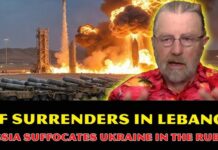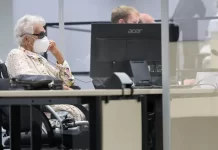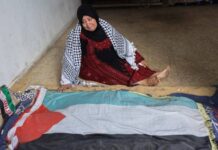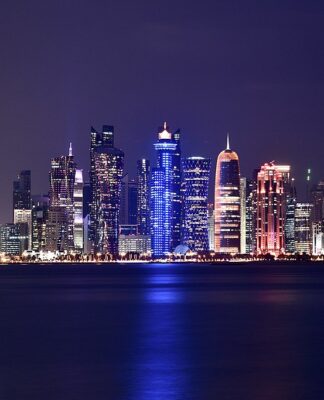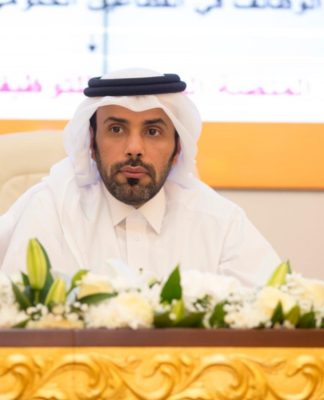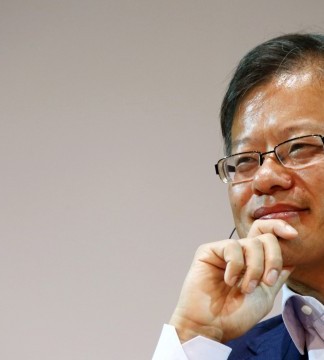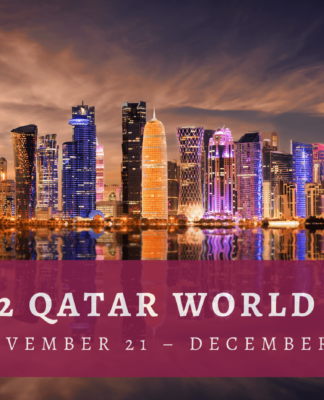Sayyed Nasrallah’s martyrdom: A catalyst for renewed resistance
By
Janna Kadri
Source: Al Mayadeen English
15 Oct 2024 17:18
2 Shares
7 Min Read
Hezbollah’s infrastructure has proven that its role as a social and political force does not collapse with the loss of one figure, even one as important as Sayyed Nasrallah.
Listen
x
The martyrdom of Sayyed Hassan Nasrallah, a monumental figure in Hezbollah and the broader resistance movement against “Israel”, marks a turning point not in Hezbollah’s demise but in its renewal. Sayyed Nasrallah’s martyrdom, while symbolically significant, has unveiled the inner core of the Resistance’s structure that transcends individual leadership. The spirit of revolution within Hezbollah is not simply the product of charismatic leadership but rather a response to systemic imperialist violence and the structural waste that capitalism imposes on the Global South.
As seen in the genocide of Arabs in Gaza, Sayyed Nasrallah’s martyrdom fits into the broader imperialist strategy of waste—the systematic destruction and consumption of labor and resources in the Global South, as theorized by Ali Kadri. Under capitalism, Resistance movements like Hezbollah emerge as responses to what Kadri calls the “accumulation of waste,” where imperialism not only exploits but consumes populations, reducing them to wasted labor and discarded lives. Sayyed Nasrallah’s martyrdom represents an imperialist tactic to neutralize symbols of defiance, but as history shows, the death of leaders often galvanizes rather than demoralizes resistance.
Resistance Beyond Leadership
Hezbollah’s infrastructure has proven that its role as a social and political force does not collapse with the loss of one figure, even one as important as Sayyed Nasrallah. The movement’s provision of services, from education to healthcare, has created a social base that aligns with its military and political strategies. Thus, Hezbollah’s endurance lies not just in its military capabilities but in its ability to provide for its people in ways that the Lebanese state and foreign aid have consistently failed to do.
However, while Hezbollah maintains its resistance, much of the Lebanese government population and parties that advocate against Hezbollah have largely bought into the mindset of normalization with the Zionist entity. Their lack of resistance against normalization mirrors an acceptance and an internalization of defeatism, as well as a willingness to engage diplomatically with “Israel,”, thinking little of the Resistance in its fight against occupation and imperialism.
Read more: Why Lebanon’s fragmented society must unite in supporting Hezbollah
Such structure is reflective of how imperialist powers attempt to reduce the Global South to dependency on aid and charity, a form of waste where oppressed populations are treated as disposable. The demand for action over aid is a shared call from both indigenous resistance movements and the international proletariat, which sees through the facade of charity. Aid, they argue, perpetuates dependency and fails to address the structural violence of occupation, displacement, and imperialism. Instead, the global proletariat, alongside movements like Hezbollah, demands real action to dismantle the systems of exploitation and occupation. In other words, enough talk, we now need action.
Related News
Hezbollah releases audio of Sayyed Nasrallah addressing fighters
Hezbollah releases audio of Sayyed Nasrallah addressing fighters
Al-Houthi recognizes Sayyed Nasrallah’s impact on the free world
Al-Houthi recognizes Sayyed Nasrallah’s impact on the free world
The ineffectiveness of diplomacy
Diplomacy, as seen in the innumerable attempts at reaching a ceasefire, has largely served the interests of imperialist powers. Each repetitive failure to secure a lasting ceasefire has not only caused delays but also increased profits for defense contractors, who benefit from prolonged conflicts. Meanwhile, the continuation of these failed efforts has resulted in a rise in the martyrdom of Palestinian civilians in Gaza and, more recently, in Lebanon—where with every death, defense companies see their profits grow.
For Hezbollah and similar movements, talking has proven ineffective in the face of “Israel’s” military aggression and systemic violence. Resistance leaders like Sayyed Nasrallah understood that there is no reasoning with the unreasonable, especially when that unreasonable force is backed by the vast machinery of Western imperialism. The ongoing mass murder of civilians, from Gaza to Lebanon, is not an accident of war but the result of a deliberate policy of population control and destruction. This violence is framed by the West as collateral damage, but to those on the ground, it is the lived reality of structural genocide.
The West’s historical complicity
While “Israel” remains the visible force behind the violence in Gaza and Lebanon, Western powers, particularly the United States, play an equally complicit role by providing financial and military support. The West’s involvement in the war on Gaza is often concealed behind diplomatic rhetoric, yet its responsibility is clear. Western nations provide “Israel” with the resources needed to maintain its military occupation and perpetuate its acts of aggression, while global institutions like the United Nations fail to hold “Israel” accountable for war crimes. The defect within the UN is not just an oversight but a structural flaw in international law that privileges imperialist powers and their allies.
This complicity is not new; it is rooted in the very foundation of “Israel.” The creation of “Israel” by European powers served as a means to resolve their internal “Jewish problem,” as they dubbed it, by exporting it to the Arab world. The Arab world, and Lebanon in particular, has not historically had a problem with Jews. Arab-Jewish coexistence prior to the establishment of “Israel” was largely peaceful, a reality that counters the narrative of inherent Arab anti-Semitism. The European problem with Jews, whom they thought were a lesser people, culminating in the Holocaust, was exported to the Middle East through the establishment of “Israel,” turning what was once a European issue, a symptom of Europe’s racism, into a colonial conflict, creating decades of violence, occupation, and displacement for Palestinians and neighboring countries like Lebanon.
Shifting perceptions of resistance
In the face of this history, resistance movements like Hezbollah have emerged not as aggressors, but as defenders of their people’s right to exist. Sayyed Nasrallah’s martyrdom has not weakened Hezbollah’s standing, but rather strengthened its narrative that these indigenous resistance movements are not terrorist organizations. The historical complicity of the West in fueling the conflict makes it clear why such movements are perceived as necessary by the oppressed. In fact, the masses are waking up to the reality that groups like Hezbollah and the Palestinian Resistance are fighting for their survival in the face of extermination.
The labeling of these movements as “terrorist” by imperialist powers and their media outlets reflects a broader strategy to delegitimize their struggle for liberation. Yet, as more people around the world, particularly the international proletariat, recognize their shared oppression under global capitalism, solidarity with these movements grows.
A Continued Struggle
The martyrdom of Sayyed Hassan Nasrallah does not mark the end of Hezbollah but rather signals the continuation of its struggle against imperialism. The spirit of resistance that Sayyed Nasrallah embodied lives on, not only in Lebanon but in the hearts of the global proletariat that seeks to dismantle the systems of exploitation and oppression that imperialism sustains.
Hezbollah’s fight is not an isolated battle; it is part of a global resistance against a system that values profits over human lives and wastes entire populations to sustain its dominance. The future of resistance, both in Lebanon and worldwide, lies in the continued solidarity between oppressed peoples and the growing recognition that real change requires dismantling the imperialist structures that perpetuate global suffering.
Read more: History’s Graveyard is littered with the remains of ‘chosen peoples’






